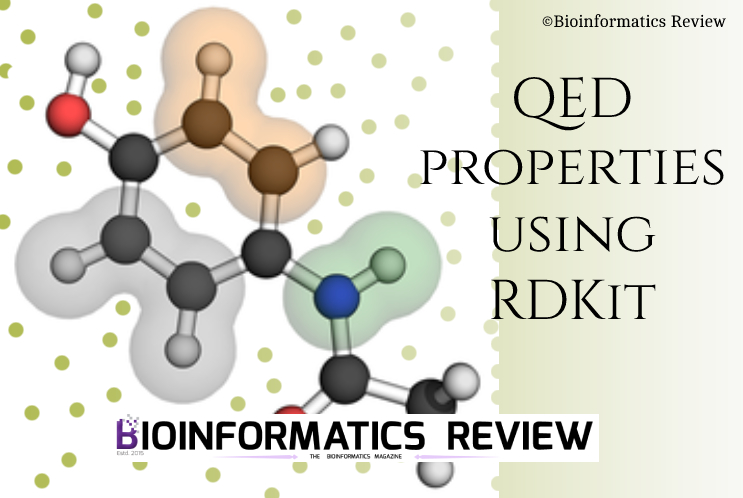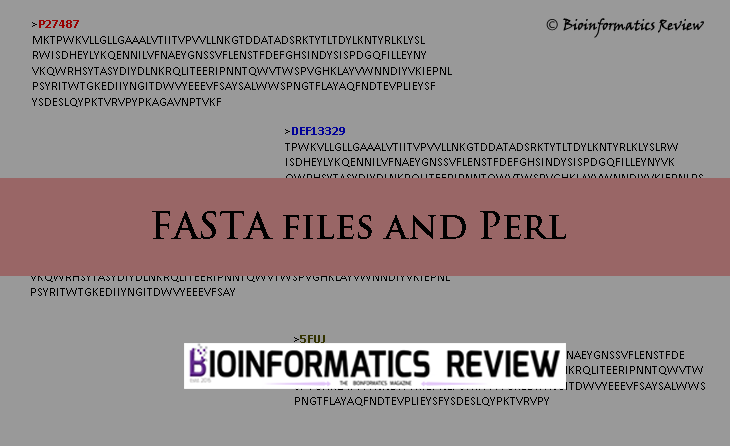RDKit [1] allows performing multiple functions on chemical compounds. One is the quantitative estimation of drug-likeness also known as QED properties. These properties include molecular weight (MW), octanol-water partition coefficient (ALOGP), number of hydrogen bond donors (HBD), number of hydrogen bond acceptors (HBA), polar surface area (PSA), number of rotatable bonds (ROTB), number of aromatic rings (AROM), structural alerts (ALERTS).
In this article, we provide a short Python script to help you calculate all the above-mentioned molecular descriptors.
####################################################### #!/usr/bin/env python3 import os import sys from rdkit import Chem from rdkit.Chem import QED file_name = sys.argv[1] sppl = Chem.SDMolSupplier(file_name) #we are using sdf file of compounds here for mol in sppl: print( QED.properties( mol ) ) #######################################################
Save this script, for example as qed_properties.py and you can run it as:
$ python3 qed_properties.py ligands.sdf
Ligands.sdf is the compound sdf file.
References
1. RDKit: Open-Source Cheminformatics Software (RRID:SCR_014274)





